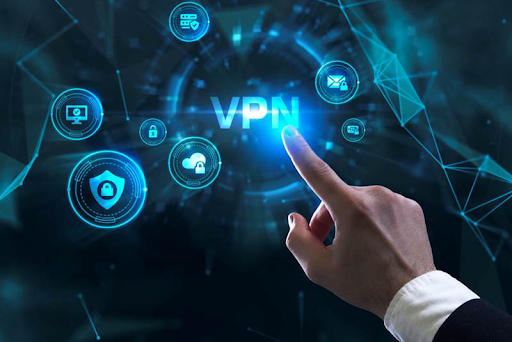Introduction
Protect your data, identity, and browsing habits with a Free VPN today! A VPN encrypts all of your traffic and ensures that no one can track your activities online. Whether you’re using public Wi-Fi or connecting to a corporate network, a VPN is the perfect way to keep your information private. Try one today and keep your privacy safe!
What is a VPN and why should you use one?
VPNs are a type of technology that can help protect your privacy online. Using a VPN connects you to a server outside of your own country, making it harder for someone to track your online activity. VPNs are also useful for extending your security perimeter while connected to public Wi-Fi networks.
What are the benefits of using a Free VPN?
Using a VPN can provide some significant benefits. Firstly, it can protect your privacy. By using a VPN, you can encrypt your internet traffic and make it difficult for anyone to track your activity. This is especially important if you are using public Wi-Fi networks, as many of these are vulnerable to hackers. Secondly, a VPN can improve your online security. By connecting to a secure VPN server, you can protect yourself from malicious software and viruses that could potentially damage your computer. Lastly, a VPN can increase your overall internet speed. by routing your traffic through a faster server, you can minimise the time that it takes to load pages on websites.
How can I choose the best VPN for my needs?
If you’re looking for a VPN service that will keep your online activities safe and private, you’ll want to research the different options available. There are a number of factors you’ll need to consider before making a decision, including: the type of VPN service you need; the locations where you plan on using the VPN; how much data streaming and downloading will use each month; and your budget. Here is a simple tip to help choose the best VPN for your needs.
- Start by deciding what type of VPN service you need. There are three main types of VPN services: virtual private network (VPN), virtual private dial-up network (VPDN), and site-to-site tunnelling protocol (S2S). Each has its own benefits and drawbacks, so it’s important to decide which one is right for you before investing in a subscription.
How can a VPN protect your data, identity, and browsing habits?
Virtual private networks (VPNs) provide a way to protect your data, identity, and browsing habits while you’re online. A VPN connects your computer to a server operated by the VPN provider, encrypting all of your traffic as it travels between your computer and the VPN server. This makes it hard for anyone monitoring your internet activity to see what you’re looking at or learn your personal information.
When you use a VPN, you create an encrypted tunnel between your computer and the VPN server. This means that no one can spy on what you’re doing online or steal your passwords or other confidential information. In addition, a VPN can add an extra layer of security when connecting to public Wi-Fi hotspots. By connecting to a VPN before you enter a network password, you can ensure that no one else can access your personal information while you’re connected.
Verdict
Free VPNs are a great way to keep your privacy while using the internet. By using a VPN, you can protect your identity and data from being stolen or compromised. Use a free VPN to keep yourself safe online!
